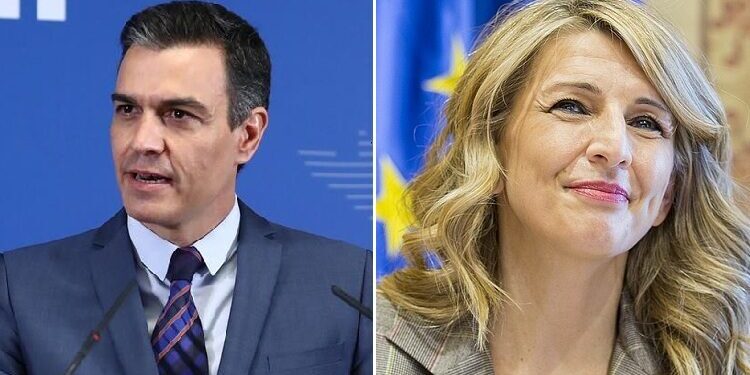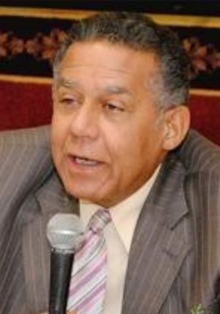Ángel Collado
Pedro Sánchez is starting the political year without closing the internal differences with his Podemos partners within the coalition cabinet, pending the bills of his Catalan pro-independence allies and obliged to push through new State Budgets that will once again reveal his parliamentary weakness.
The government needs these new accounts, which should begin to be processed at the end of this month, to guarantee aid from the European Union and complete the economic cycle that would allow it to run out the legislature, albeit with budget extensions, until the end of 2023 or even January 2024, which is the target set by the head of the Executive.
The conglomerate of far-left, separatist and nationalist parties on which Sánchez relies has begun to outline the bills of their economic and political demands, aware that they are essential for the continuity of the current tenant of the Moncloa Palace, just as they were for him to achieve power in June 2018.
The president of the Government reissued this commitment with his allies barely nine months ago, in the Budgets approved in the Cortes, which expire at the end of the year, and now he has to start almost from scratch, with the 120 PSOE deputies in a Congress of 350 members, to work on the next ones. The coalition cabinet has seen further evidence of internal division with Podemos (35 deputies) announcing in public and through Pablo Iglesias’ heir, the Minister for Social Rights Ione Belarra, a whole catalogue of demands before the new and decisive parliamentary procedure.
With the warning that “his re-election is at stake” in the coming months, the head of Sánchez’s main partner reminded the head of the Executive of the commitments yet to be fulfilled, such as that of intervening in the housing market, and the new subjects for the Budget. Podemos’ demands for the moment include raising taxes on companies (with a fixed minimum of 15 per cent on companies), generalising and extending the so-called Minimum Living Income subsidy and increasing paternity and maternity leave.
The far-left party proposes in advance a prior intervention of energy companies and the fixing of prices in the rental market by the state, as well as recalling that the repeal of the current labour law is still pending and without agreement between the partners.
The vice-president and Labour minister Yolanda Díaz, from the communist quota in the cabinet, has set a date for the end of the reform approved nine years ago by Mariano Rajoy’s government: in December, just when the Budget has to be finalised in Congress. Sánchez is dragging his feet while his economic vice-president, Nadia Calviño, from the technocratic sector of the government, pledges in Brussels not to repeal the labour reform so as not to jeopardise EU aid for reconstruction.
The European funds are the great trump card that allows the head of the Executive to face the Budget process with optimism due to the spending margin they offer him, up to 196,142 million euros, the largest ever known in Spain. Sánchez has 26,000 million in direct aid from the EU for next year, although just to cover the technical bankruptcy of the Social Security he will have to transfer 18,000 million to the Social Security to sustain the pension system.
With the public deficit soaring to 11 per cent, the president of the government is continuing to opt for a free bar on spending in order to reactivate the economy and take advantage of the EU’s suspension of budgetary stability measures, precisely until the end of the current legislature.
The biggest problem for Sánchez in processing the budget is not going to be the economic chapter in general, nor the debt in particular, in order to please Podemos. In order to add the 21 votes to the 155 that the socialists and populists need to get the new state accounts through, they need the Catalan pro-independence supporters, who are divided into three parties with a total of 21 seats. PNV, Bildu and other minor parties give him more leeway for the final composition of a budgetary majority, but without first securing the party that controls the Generalitat, ERC, the president of the government risks certain parliamentary defeat.
This is the particular trump card with which the president of the Catalan autonomous government, Pere Aragonés, closely watched by his partners in the other two separatist parties, will be using this week in negotiations with Pedro Sánchez. And beyond the discussion on investment in El Prat airport, the Catalan pro-independence supporters’ bill in exchange for keeping the Socialist leader in power is the same as in the motion of censure: facilities for their plan for rupture and a referendum on self-determination. And this is the script that will have to be followed in all meetings on equal terms between the Government and the Government of Catalonia to which Sánchez will be pledged during the entire quarter of the Budget process until the final vote in Congress, scheduled for December.






